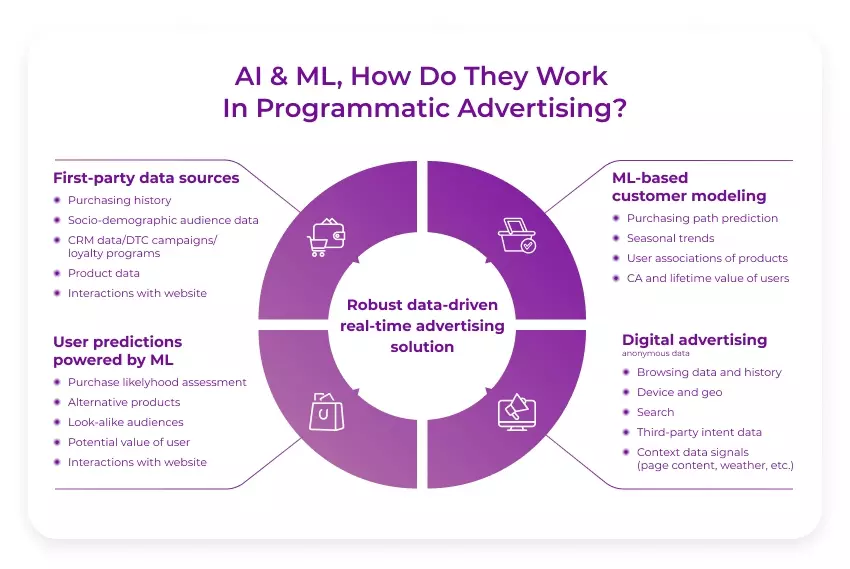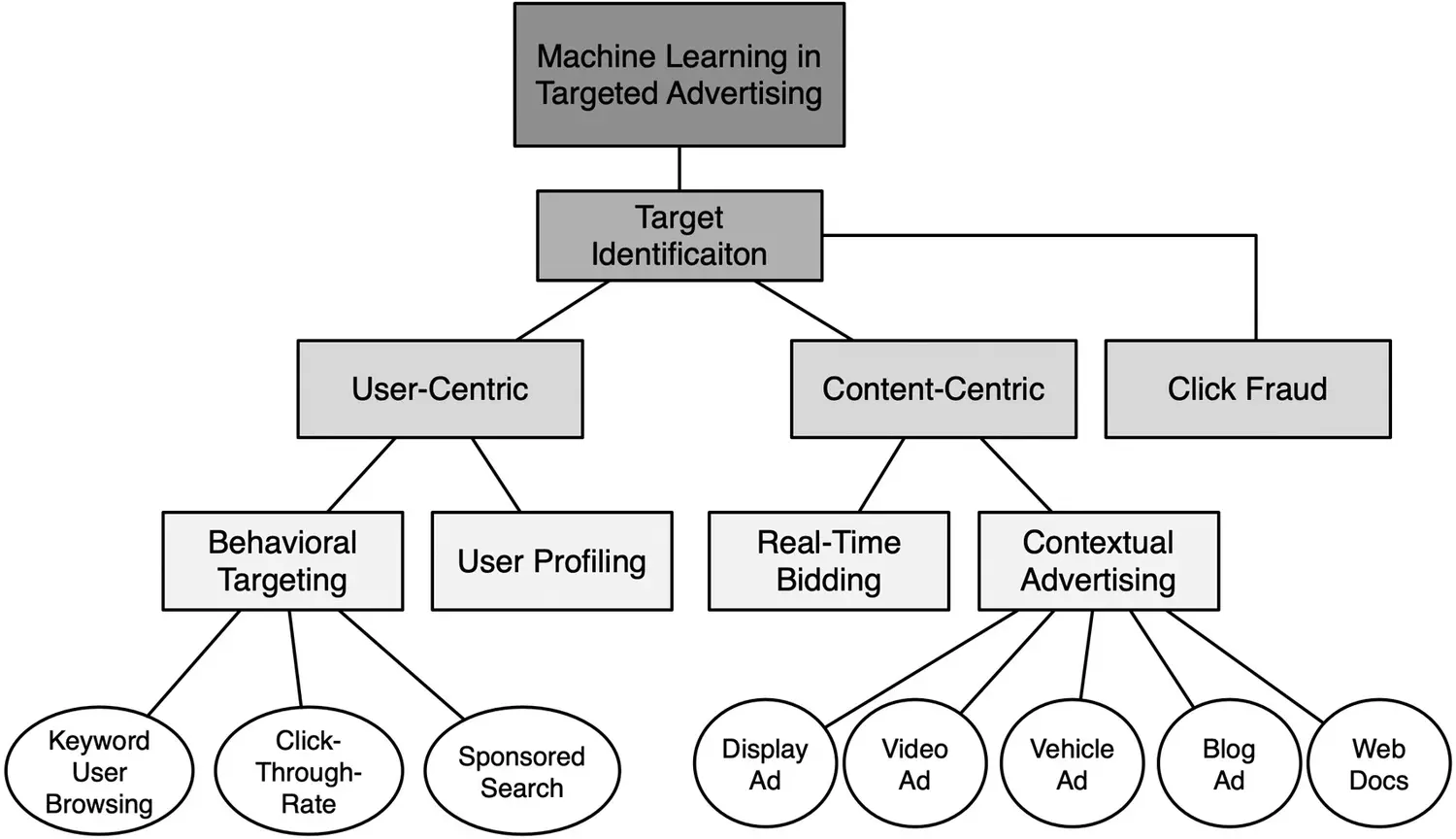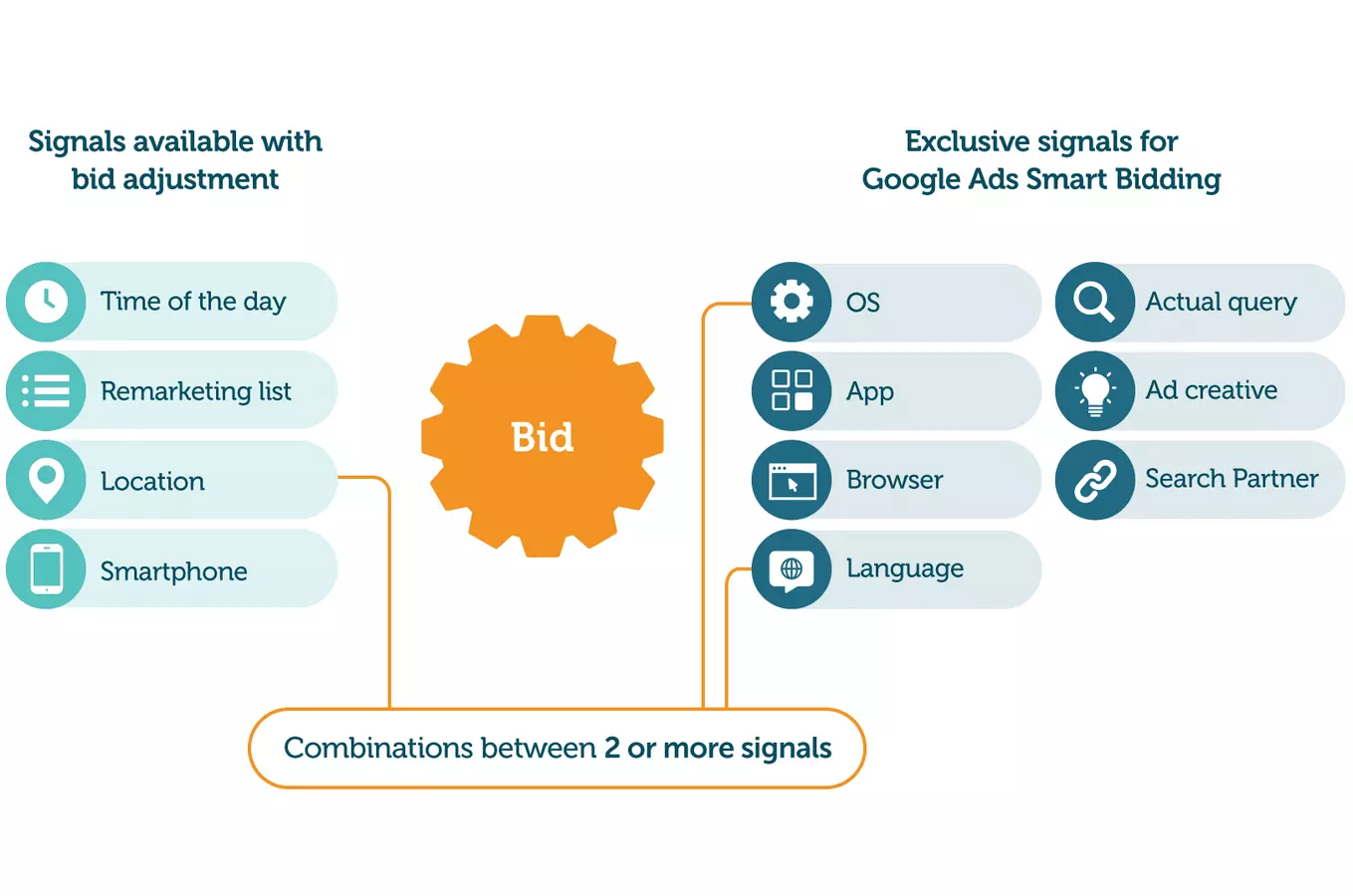Comments
- No comments found

Machine learning is transforming advertising and marketing by segmenting and targeting specific audiences with relevant messages.
The use of machine learning in marketing parallels that of its use in news media. Publishers as varied as the Washington Post & Reuters and even smaller publishers regularly use machine learning tools to produce copy around financial and sports results, leaving journalists more time to get on with analysis that really adds value to their consumers.

Advertisers and marketers can use machine learning to create more personalized experiences, target the right audience, reduce costs, and make faster decisions.

Knowing your target audience and understanding their needs, interests, and preferences is essential for the success of your digital marketing efforts.
Having an accurately defined ideal customer profile and buyer personas lets you segment your email and content marketing and personalise your marketing messaging and content.
In advertising, as in other industries, machine learning is focused on using algorithms to 'mimic' human intelligence by programming them to think and respond in the same way humans do.
AI-powered chatbots are changing the customer support landscape tremendously.
As an example, Alexa is using machine learning to make predictions on its own about what your words mean, how to respond to them, and what action you're requesting.
Alexa is not being programmed explicitly to get better after each user's query. Instead, Alexa is using data from each interaction with users to improve its interactions with the next one.
It’s crucial to offer your prospects answers to any questions they might have regarding your product or services as that can be a make-or-break factor to purchase. Similarly, once they decide to opt for your product, they'd like to start using it right away. Meaning they'll be frustrated if they don’t understand how a certain feature works.
Effective machine learning solutions provide marketers with a central platform for managing large amounts of data. These platforms can derive insightful marketing intelligence about your target audience making it easier to make data-driven decisions.
Machine learning technology can help to create more effective, insightful and target consumer-specific ads and campaigns through big data marketing. Data collected from keyword searches, general online activity and social media profiles can be utilized to develop a smarter marketing strategy.
As machine learning is able to quickly process data, it can save a lot of time when prospecting–shortening the sales funnel. The ability to adapt to the user's behavior and store and interpret large amounts of data saves marketers a ton of time and effort compared to doing research manually.
Machine learning can be used to set the price of products dynamically depending on demand, availability, customer profiles, and other factors to maximize both sales and profits.
If you’ve ever searched for a flight and then gone back to buy it a couple of days later only to find it’s gone up a few hundred dollars, this is also a good example of dynamic pricing at work.

Machine learning helps businesses expedite the process and enhance the accuracy of keyword research, SEO, PPC, competitor analysis, search intent research, and more.
SEO and PPC as being two sides of the same coin: search. The most obvious benefit of combining SEO and PPC efforts is added exposure on the search engine results pages (SERPs).
Machine learning divides a large, diverse group into smaller segments with similar needs, wants, and preferences. This allows companies to target customers with personalized keywords, messaging and offers.
With machine learning micro-segmentation technology, businesses can send highly relevant messages to their audience based on their specific interests and needs. This increases response rates significantly and helps you build stronger relationships with customers over time.
Predicting the future has always been a crapshoot for organizations. That’s why marketing and advertising budgets are often so large: Organizations are hedging their bets and throwing a lot of resources at the problem of figuring out what consumers want next. If a company can accurately predict people’s wants and needs, it can create products that will be highly successful, and that means more money for everyone involved.
Machine learning is taking over this role of predicting the future and doing a better job than humans. When companies use machine learning, they can analyze massive amounts of data much faster than anyone. Predictive algorithms give marketers and advertisers insights into what’s coming next based on trends they see in the market. They can make informed decisions about their marketing campaigns now that they’ve been given a crystal ball into the future.
By embracing machine learning incorporating it into your digital marketing and advertising strategy, you can target your consumer audience with much more precision, and engage your audience more effectively.
Machine learning allows advertisers and marketers to identify target customers, curate marketing content, create marketing strategies and regulate dynamic pricing based on customer behavioral patterns.
Leave your comments
Post comment as a guest